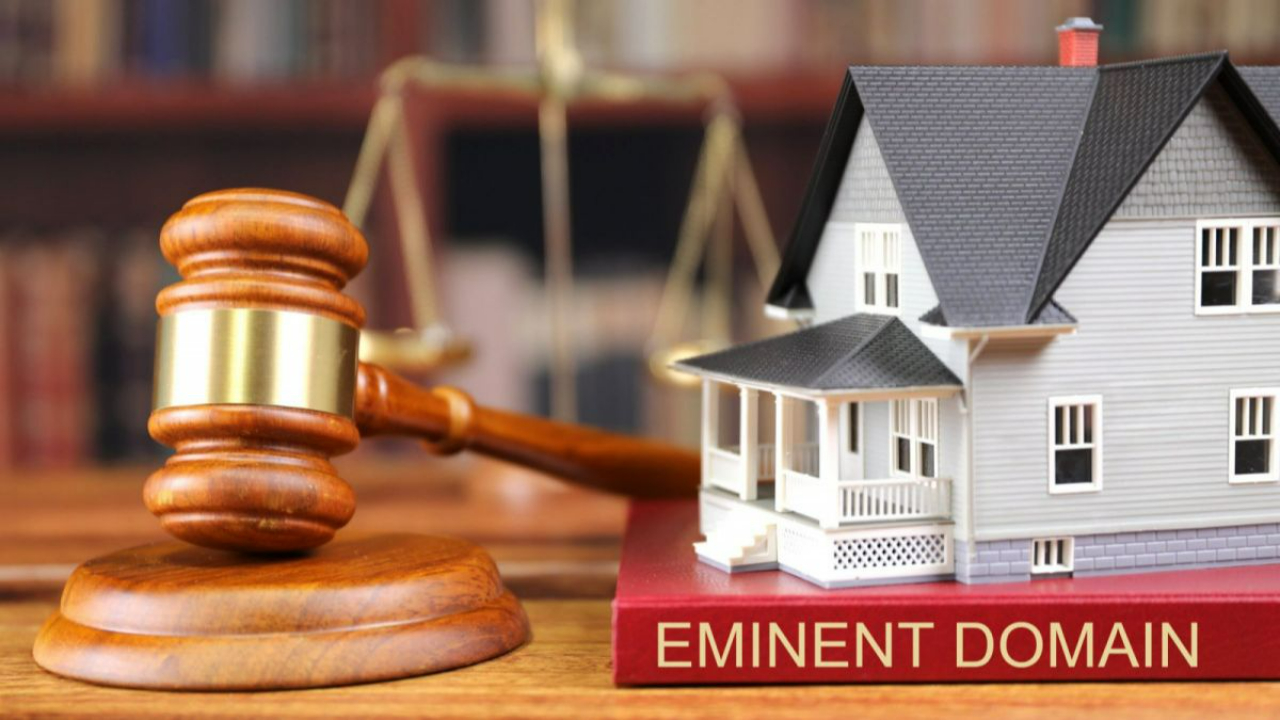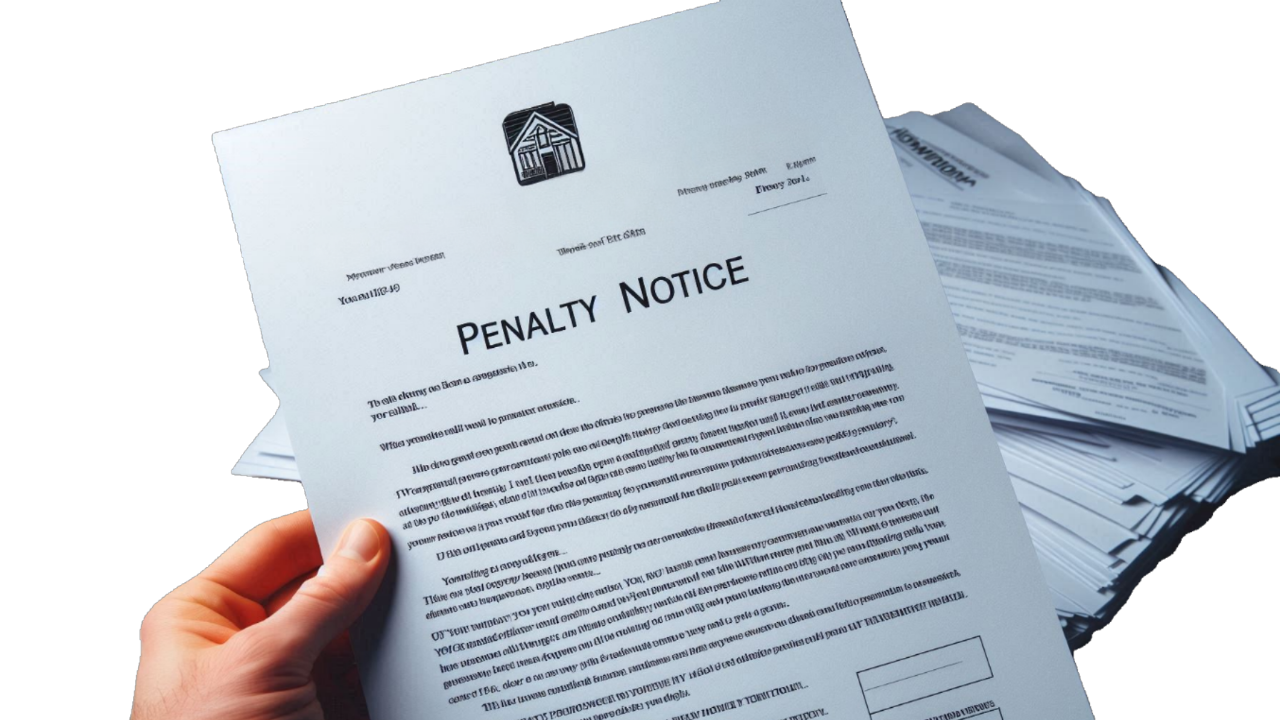Buying a Home? Here’s What Sellers Are Legally Required to Tell You

Buying a home is one of the biggest financial decisions most people make, and the excitement of finding “the one” can sometimes overshadow important details. While it’s true that buyers are expected to do their own due diligence through inspections and research, sellers also carry legal obligations. These disclosure requirements are designed to protect buyers from unexpected surprises—and in some cases, costly repairs or legal battles.
So, what exactly are sellers required to tell you before you sign on the dotted line?
Known Defects Must Be Disclosed

One of the most universal requirements is that sellers must disclose known material defects. These are issues that significantly impact the property’s value, safety, or usability. Examples include:
- Roof leaks or structural damage
- Mold or water intrusion
- Electrical or plumbing problems
- Foundation cracks
- Pest infestations
Even if the home looks picture-perfect, the law expects sellers to be upfront about hidden issues they ar...
What Is Eminent Domain? A Property Owner’s Guide

For many property owners, few legal concepts are as unsettling as eminent domain. The idea that the government—or in some cases, a private entity acting under government authority—can take private property for public use may seem alarming. Yet eminent domain has long been a part of property law, balancing individual ownership rights with the needs of society. Understanding how it works is essential for any property owner who may face this situation.
Defining Eminent Domain
Eminent domain is the power of the government to take private property for public use, provided that the property owner receives just compensation. This authority stems from the Fifth Amendment of the U.S. Constitution, which states that no person shall be deprived of property without due process of law, nor shall private property be taken for public use without fair payment.
Public use is broadly defined. Traditionally, it included roads, schools, and government buildings. Today, it can also extend to utilities, ...
Alternatives to Eviction: Solutions That Save Time and Money

Eviction is often seen as the ultimate solution when tenants fail to pay rent or violate lease terms, but it’s also one of the most costly and time-consuming processes a landlord can face. Court fees, lost rent, legal representation, and property turnover costs add up quickly—not to mention the stress involved. Fortunately, eviction isn’t the only option. Exploring alternatives can help landlords save money, preserve tenant relationships, and resolve issues faster.
1. Open Communication and Mediation
Sometimes, a simple conversation is all it takes to resolve conflicts. Tenants may fall behind on rent due to temporary hardships, like job loss or medical bills, and may be willing to work with you if given the chance. Instead of heading straight to court, try scheduling a meeting to discuss the problem.
Mediation services, often offered by local housing authorities or nonprofit organizations, can also help. These services provide a neutral third party who guides landlords and tenants ...
How to Stay Compliant With State Rental Laws (Without the Headache)

Owning rental property can be a rewarding investment, but it also comes with the responsibility of following state and local rental laws. Regulations vary widely from one state to another, and even seasoned landlords can feel overwhelmed by the legal details. Fortunately, staying compliant doesn’t have to be a headache. With the right systems in place, you can protect yourself legally, keep tenants happy, and run your rental business more smoothly.
1. Know the Laws in Your State and City
The first step is understanding that rental laws aren’t “one size fits all.” What applies in California might not be relevant in Texas or Florida. Some states have strict rent control rules, while others offer more flexibility. Cities may also have ordinances around safety, inspections, or occupancy limits.
To avoid costly mistakes, start by reviewing your state’s landlord-tenant handbook or official housing authority website. Many states provide free resources that break down landlord responsibilit...
How HOA Boards Can Make Fairer Decisions and Reduce Conflicts

Homeowners’ associations (HOAs) exist to protect property values and ensure smooth community living. But for many homeowners, HOA board decisions can feel arbitrary or even unfair, leading to frustration, disputes, and unnecessary tension. Fortunately, with the right approach, HOA boards can foster transparency, fairness, and cooperation—while reducing conflicts. Here’s how.
1. Transparency
One of the fastest ways to build trust is through openness. Boards should clearly communicate decisions, reasoning, and processes to homeowners. Sharing agendas in advance, keeping detailed meeting minutes, and making records accessible ensures homeowners feel included and informed. Transparency eliminates suspicion and demonstrates that decisions are based on rules—not favoritism.
2. Apply Rules Consistently

Selective enforcement of community rules breeds resentment. If one homeowner receives a violation notice for leaving trash bins outside, but another does not, conflict is inevitable. Boar...
The Top 7 Legal Mistakes First-Time Homebuyers Make in San Diego—And How to Avoid Them

Buying your first home in San Diego is exciting—sunny beaches, thriving neighborhoods, and the promise of your own piece of paradise. But beneath the excitement lies a web of legal considerations that, if overlooked, can turn your dream purchase into a costly headache. Here are the top seven legal mistakes first-time homebuyers make in San Diego and how to avoid them.
1. Skipping a Thorough Title Search
Many buyers assume the seller has clear ownership, but unpaid taxes, liens, or ownership disputes can lurk beneath the surface. Without a proper title search and title insurance, you could inherit someone else’s legal problems.
Solution: Work with a reputable title company to ensure the property’s title is free from defects before closing.
2. Overlooking HOA Rules and Restrictions

San Diego’s many planned communities and condos come with homeowner associations (HOAs) that impose rules on renovations, rentals, and even paint colors.
Solution: Read the HOA’s Covenants, Condition...
Legal Systems to Grow Your Real Estate Portfolio Safely

Growing a real estate portfolio can be one of the most effective ways to build long-term wealth, but it also involves legal risks that, if overlooked, can result in costly mistakes. By implementing the right legal systems from the start, investors can protect their assets, reduce liability, and scale their holdings with confidence. Here’s how you can grow your real estate portfolio safely through smart legal structures and systems.
1. Establish the Right Legal Entity
One of the first steps in building a legally sound portfolio is selecting the proper business structure. Most real estate investors choose to hold properties under a Limited Liability Company (LLC) or a series of LLCs. This setup provides a level of personal liability protection, separating your personal assets from your investment properties. It also adds credibility and makes it easier to manage partnerships and joint ventures. For larger portfolios, investors sometimes create a holding company that owns multiple LLCs,...
Can a Tenant Sue for Mold? The Hidden Liability in Rental Homes

Mold in rental properties is more than just an unsightly nuisance—it can be a serious health hazard and a costly legal issue. Tenants exposed to mold may experience respiratory issues, allergic reactions, or worse, and in many cases, they may be legally entitled to sue their landlord. For landlords and property managers, understanding mold liability is crucial to avoid disputes and protect both tenants and investment properties.
Understanding Mold and Its Health Risks

Mold grows in moist, warm environments—often in bathrooms, basements, or anywhere water damage has occurred. While not all molds are dangerous, certain types, such as black mold (Stachybotrys chartarum), can pose significant health risks, especially to children, the elderly, and individuals with compromised immune systems.
Symptoms linked to mold exposure include coughing, sneezing, headaches, skin irritation, and even asthma attacks. When tenants believe their health has been affected due to mold in their rental uni...
Can My HOA Really Fine Me? Legal Limits on HOA Enforcement

Homeowners Associations (HOAs) play a major role in maintaining community standards, but many homeowners are surprised to learn just how much authority their HOA has—including the ability to impose fines. But can your HOA really fine you? The answer is yes—but only within legal limits. Understanding these boundaries is crucial to protecting your rights as a homeowner.
The Basics of HOA Authority
When you buy a home in an HOA-governed community, you agree to follow its rules—typically laid out in the Covenants, Conditions, and Restrictions (CC&Rs), as well as bylaws and community guidelines. These documents outline what the HOA can regulate, from paint colors and landscaping to parking and pet policies.
In most states, including California, HOAs have the legal authority to issue fines for rule violations. However, that power isn’t unlimited.
Discover: Can an HOA Enter Your Property to Fix Landscaping Without Permission?
Legal Requirements for Fining Homeowners
Here are several imp...
10 Legal Reasons to Deny a Tenant

Renting out property comes with both rights and responsibilities for landlords. While fair housing laws prohibit discrimination based on race, religion, national origin, sex, disability, or familial status, landlords are legally allowed to deny rental applications for valid, non-discriminatory reasons. Here are 10 legal reasons to deny a tenant:
1. Poor Credit History
A credit check reveals how well a tenant manages debt. If a prospective renter has a low credit score, multiple late payments, or accounts in collections, a landlord may reasonably worry about their ability to pay rent on time and deny their application.
2. Insufficient Income

Most landlords require tenants to earn at least two to three times the monthly rent. If an applicant cannot demonstrate adequate income through pay stubs, tax returns, or employment verification, it’s legal to deny them based on the risk of rent default.
3. Criminal Background
While landlords must be cautious about blanket policies that excl...